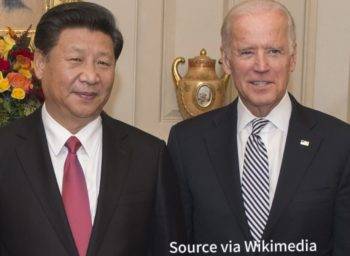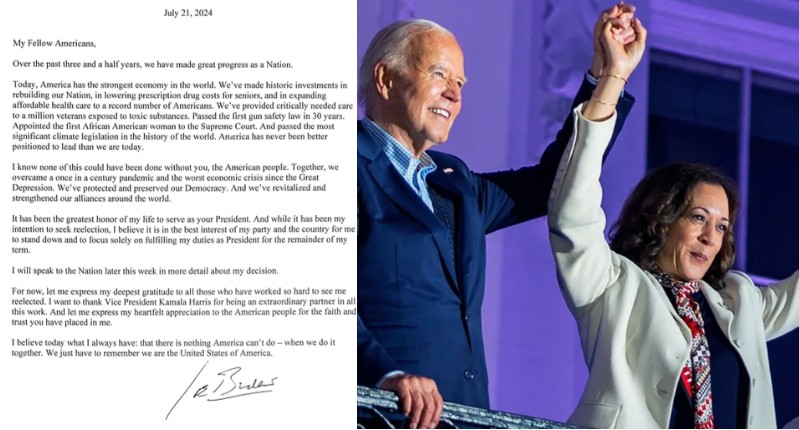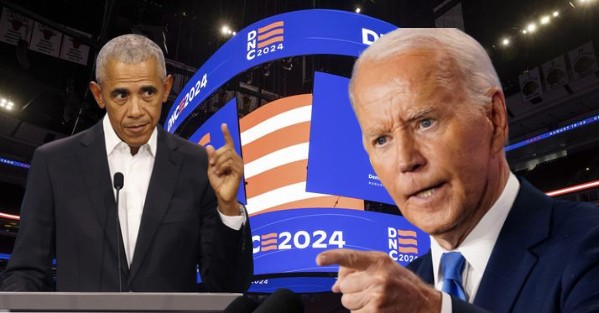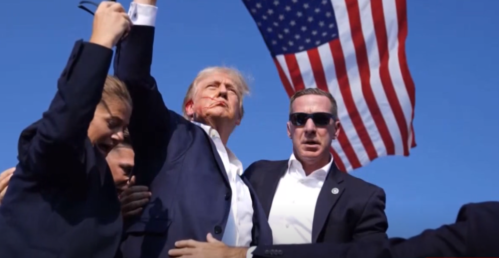In a pivotal meeting between President of China Xi Jinping and United States Secretary of State Antony Blinken, held in Beijing, the leaders sought to navigate the complex landscape of Sino-American relations. Amidst rising tensions over national security, economic disputes, and geopolitical differences, both parties expressed a shared desire for partnership over rivalry. President Xi emphasized the importance of mutual respect, peaceful coexistence, and win-win cooperation as guiding principles for future interactions, citing lessons from the past as well as a vision for a harmonious future.
President Xi’s call for partnership resonated with Blinken, who acknowledged the significance of stabilizing and improving bilateral ties. However, the discussions were not devoid of challenges. Blinken raised concerns regarding Chinese support to the Russian defense industrial base, a contentious issue that has strained relations between the US and China. Despite China’s denial of direct arms support to Russia in its conflict with Ukraine, the export of industrial goods such as machinery and semiconductors has drawn criticism from Western nations, alleging indirect facilitation of Russia’s military capabilities.
Contentious Issues Threaten Progress
The meeting between Xi and Blinken underscored the persistent challenges that threaten to overshadow recent attempts at cooperation. Key points of contention include China’s stance on Taiwan and its assertive actions in the South China Sea, which have raised alarms in Washington and among US allies in the region. Moreover, the issue of arms transfers and funding in the context of the Ukraine conflict emerged as a sensitive topic, reflecting broader concerns about strategic alignments and geopolitical stability.
While both parties expressed a willingness to address these issues through dialogue, significant differences remain. China reiterated its position on normal trade relations with Russia, emphasizing the importance of non-interference in bilateral economic exchanges. However, the US and its allies view China’s economic interactions with Russia through the lens of broader geopolitical dynamics, raising questions about the role of economic interdependence in shaping global power dynamics.
Path Forward: Navigating Complexities with Diplomacy
As China and the US seek to navigate their complex relationship, the path forward necessitates a delicate balance between cooperation and competition. While President Xi’s call for partnership signals a willingness to engage constructively, addressing underlying grievances and building trust will require sustained diplomatic efforts. The meeting between Xi and Blinken serves as a critical step in this process, highlighting the importance of high-level dialogue in managing strategic competition and mitigating the risk of conflict. As both nations grapple with internal and external challenges, the imperative for constructive engagement remains paramount in shaping the future of Sino-American relations.
Diplomatic Talks Highlight Fragile Balance between China and US
U.S. Secretary of State Antony Blinken’s recent meeting with Chinese Foreign Minister Wang Yi underscored the delicate state of affairs between the two global powers. Amidst warnings of a potential “downward spiral” in relations, Wang Yi emphasized China’s stance on several critical issues, urging the United States to respect China’s “red lines” and asserting China’s rights to development and core interests. The discussions, held against the backdrop of escalating tensions, particularly in the South China Sea and surrounding Taiwan, indicate a precarious diplomatic tightrope that both nations navigate.
Blinken’s assurance of continued support for the Philippines and condemnation of China’s assertive actions in the South China Sea further underscored the divergence in priorities and strategic interests. The exchange serves as a stark reminder of the complex web of geopolitical challenges that define the contemporary global landscape.
Escalating Friction Over Key Issues
Beyond territorial disputes, Blinken’s visit highlighted the multifaceted nature of the U.S.-China relationship, with disagreements spanning various domains. From concerns over Taiwan’s sovereignty to the controversy surrounding TikTok’s operations and China’s role in the global supply chain of fentanyl-related chemicals, the bilateral discourse reflects a broad spectrum of geopolitical flashpoints. The passage of a bipartisan bill by President Joe Biden, allocating substantial funds to counter China’s military capabilities, further accentuates the growing apprehension in Washington regarding Beijing’s expanding influence.
The intertwining of economic, technological, and security concerns underscores the complexity of the U.S.-China relationship and the challenges inherent in managing such a dynamic interaction. As both nations grapple with domestic imperatives and global ambitions, the risk of miscalculation and escalation looms large, necessitating a nuanced and strategic approach to bilateral engagement.
Historical Context and Future Prospects
The recent diplomatic exchanges between the United States and China occur within the broader context of a historically turbulent relationship. From trade tensions to military posturing and diplomatic spats, the trajectory of bilateral ties has been marked by periods of cooperation interspersed with bouts of confrontation. Recent incidents, such as the downing of a suspected Chinese surveillance balloon and high-profile visits to Taiwan, have further strained an already fragile rapport.
As the Biden administration seeks to recalibrate America’s approach to China, the challenge lies in striking a delicate balance between safeguarding national interests and fostering constructive engagement. With the specter of great power rivalry looming large, the trajectory of U.S.-China relations will not only shape the geopolitical landscape of the 21st century but also have far-reaching implications for global stability and prosperity.
By navigating the complex terrain of bilateral relations with foresight and pragmatism, both nations have the opportunity to transcend narrow interests and forge a path towards mutual understanding and cooperation. However, achieving such a feat will require concerted efforts, strategic vision, and a willingness to confront the inherent complexities of the contemporary international order
Table of Contents
Discover more from OGM News NG
Subscribe to get the latest posts sent to your email.














